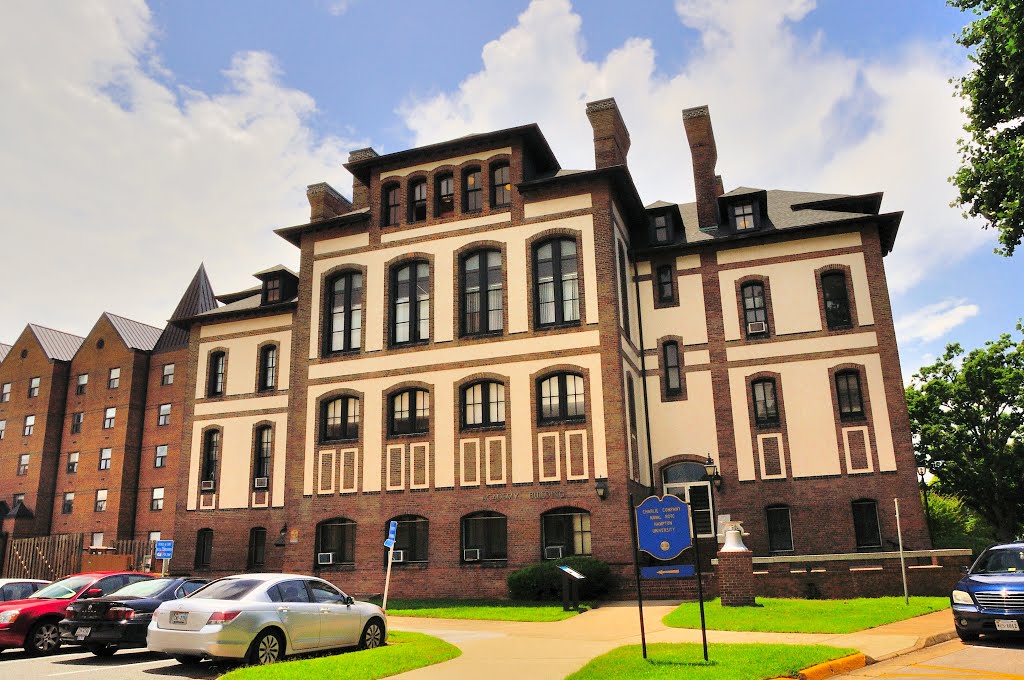|
PRESERVATION ACTION LEGISLATIVE UPDATE
|
|

LEGISLATIVE UPDATE
VOLUME 24, NUMBER 26 AUGUST 13, 2021
|
|
|
|
|
Senate Passes Bipartisan Infrastructure Package and Budget Resolution on Larger Reconciliation Package- Take Action!
This week the Senate voted 69-30 to pass a bipartisan $1.2 trillion infrastructure package. The Infrastructure Investment and Jobs Act includes funding for physical infrastructure like roads, bridges, railways, airports, transit and broadband and is paid for through redirecting unspent relief funds, targeted corporate user fees, strengthened tax enforcement, and anticipated tax revenue from economic growth.
While we appreciate the critical investment in our nation's infrastructure, the bill contains several provisions aimed at streamlining review processes, but weaken critical protections like the National Environmental Policy Act (NEPA). The bill codifies the 'One Federal Decision' executive order which establishes an arbitrary two year timeline for all environmental reviews to be completed and sets a 200 page limit on all NEPA reviews, undermining important environmental impact reviews. The bill also reduces the comment period on Section 4(f) of the Department of Transportation Act, which is already only 45 days, to just 30 days and includes an "assumed acceptance" provision if comments aren't received within 15 days of the deadline. Section 4(f) helps protect historic resources from potentially adverse impacts caused by federal transportation projects, these provisions undermine that key protection. Preservation Action is urging the House to remove these harmful provisions from the infrastructure package.
The Senate also approved a budget resolution for a separate, $3.5 trillion infrastructure package which would include more human and climate related infrastructure priorities. The resolution, which passed on a party line vote (50-49), sets an overall spending limit of $3.5 trillion and provides a blueprint for individual committees to draft their portions of the bill. Senate Democrats hope to pass this bill through reconciliation and avoid a Republican filibuster. Both bills were sent to the House for consideration. House Speaker Nancy Pelosi (D-CA) announced the House would return from their August recess early on Aug. 23rd to begin consideration. We believe there is strong opportunity to include provisions from the Historic Tax Growth and Opportunity Act (HTC-GO) in the reconciliation package, but we need your help!
Take Action!
- Reach out to your Representative and Senators and urge them to cosponsor the Historic Tax Credit Growth and Opportunity Act (H.R. 2294, S. 2266). If your Representative or Senators have already cosponsored, thank them!
- Urge your lawmakers to include the provisions of the HTC-GO in emerging infrastructure legislation.
- If you have a contact in your members' office, reach out to them directly. Preservation Action has also made it easy for you to take action. Easily edit and send a sample letter to your Representative and Senators today!
Additional Resources
|
|
Interior Secretary Haaland Testifies at Senate Energy and Natural Resources Committee Hearing
Secretary of the Interior Deb Haaland testified at a Senate Energy and Natural Resources Committee hearing on President Biden's FY22 budget request. Secretary Haaland took questions from lawmakers on a range of issues including the administration's pause on new oil and gas leases on federal lands, the water and wildfire issues facing many parts of the west, and the implementation of the Great American Outdoors Act, just to name a few. During his opening remarks, the Chairman of the Committee, Sen. Joe Manchin (D-WV), also urged President Biden to submit a nomination for the Director of the National Park Service, noting that the department has been without a Senate confirmed Director since the end of the Obama administration in January of 2017.
In her written testimony, Secretary Haaland highlighted an additional $15 million to expand capacity at more than 16 NPS units and programs to preserve and tell the stories of underrepresented groups, $5 million for the African American Civil Rights Network, and additional funding for the African American Civil Rights preservation grant program. Overall, President Biden's budget requests a record level, $151.8 million for the Historic Preservation Fund, notably exceeding the program's $150 million annual authorized amount for the first time. The Senate has yet to release their FY22 Interior Appropriations bill, but is expected to start holding markups when they return from the August Recess in September.
|
|
National Park Service Announces Award of HBCU Preservation Grants and Underrepresented Communities Grants
 This week the National Park Service announced $9.7 million in grants for the Historically Black Colleges and Universities (HBCU) preservation grant program. This program supports physical preservation projects of historic structures on HBCU campuses. This program is funded through the Historic Preservation Fund. Since 1995, the National Park Service has awarded $77.6 million to 66 HBCUs. This year's grants will fund 20 projects in 14 states. This week the National Park Service announced $9.7 million in grants for the Historically Black Colleges and Universities (HBCU) preservation grant program. This program supports physical preservation projects of historic structures on HBCU campuses. This program is funded through the Historic Preservation Fund. Since 1995, the National Park Service has awarded $77.6 million to 66 HBCUs. This year's grants will fund 20 projects in 14 states.
The National Park Service also announced nearly $750,000 in Historic Preservation Fund grants aimed at helping to diversify the National Register of Historic Places by supporting nominations associated with underrepresented communities. This year's grants will support 17 projects in 14 states, including women's suffrage sites in Colorado, the nomination of three Green Book sites in Ohio, and the nomination of the Chemehuevi Tribal Cemetery in California.
Applications for the FY2021 round of funding for both the HBCU Preservation grant program and the Underrepresented Communities grant program are expected to be available in the fall. Preservation Action is urging Congress to support robust funding for this both of these important programs in the current appropriations process.
|
|
|
|
|